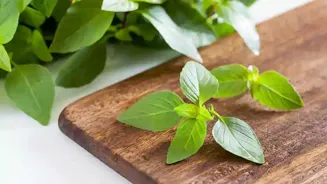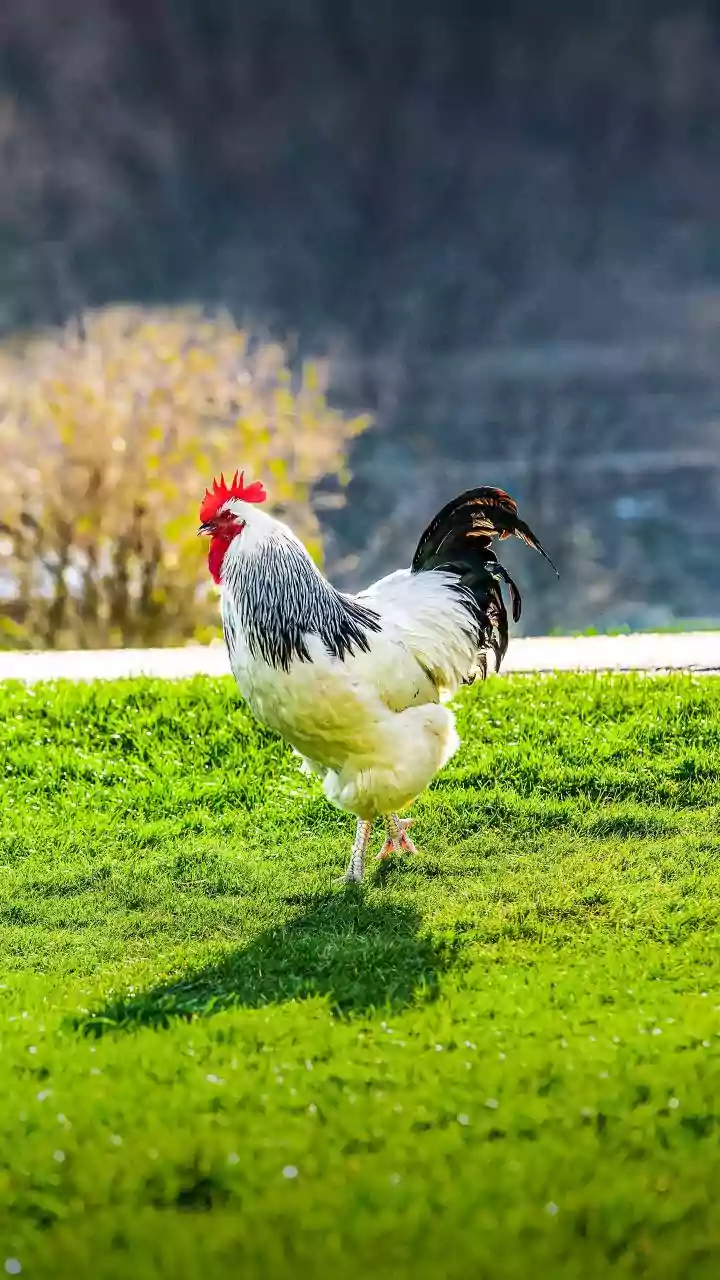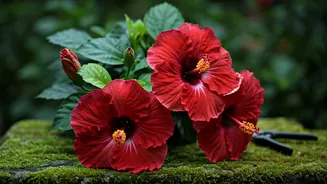Thai basil, a type of basil, has lately garnered lots of popularity all across the world.
Thanks to its refreshing flavor, Thai basil makes for a delicious
ingredient in several culinary preparations. Moreover, it also has a wide range of medicinal benefits. Read ahead to learn more.
A member of the mint family, Thai basil is native to Thailand as well as some other countries of Southeast Asia. The plant grows up to 45 cm and is characterized by green, narrow leaves with a strong aroma. Also, it has pink-purple flowers that are gorgeous to look at. Thai basil is easy to grow and has various uses, including culinary, medicinal, aesthetic, and more.
How to Grow Thai Basil
Thai basil is quite delicate, so it needs enough care to grow properly. First, get a 5-6-inch-deep pot and fill it with fertile soil (with a pH ranging from 6.5 to 7.5). Then, take 5 seeds of the plant and sprinkle them in the soil. Keep the pot in a place where it will get at least six hours of direct sunlight every day. Water the plants regularly, but make sure not to overdo it.
Thai Basil as a Culinary Ingredient
As previously mentioned, Thai basil is a significant ingredient in many cuisines – the list includes Thai, Lao, Taiwanese, Cambodian, etc. Some of the popular dishes are Thai Green Curry, Bun Bo Hue, Banh Xeo, etc. The seeds are also used to prepare various types of drinks.

Health Benefits of Thai Basil
Besides flavor and aroma, Thai basil is also popular for its nutritional profile. It’s an excellent source of vitamins, minerals, and essential fatty acids. Moreover, the plant’s seeds are packed with antioxidants and anti-viral, anti-bacterial, and anti-fungal properties.
As per several research studies, consuming Thai basil regularly can protect you from issues like cough, cold, and fever. On the other hand, it helps reduce stress, aids in weight loss, supports digestion, and enhances skin health.
Good to Know
Thai basil is scientifically termed Ocimum basilicum.
It can grow well only in a tropical climate.
Its smell is quite similar to that of cloves, rose, lemon, anise, thyme, cinnamon, etc.
When choosing a container for Thai basil, always go for the plastic ones.

























